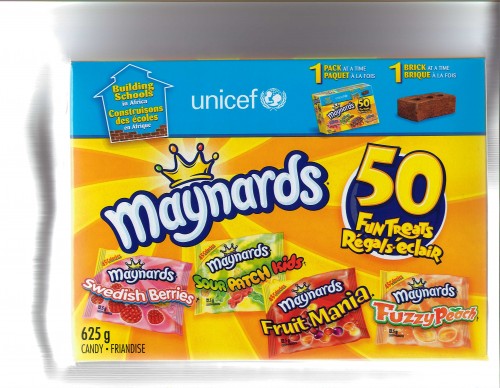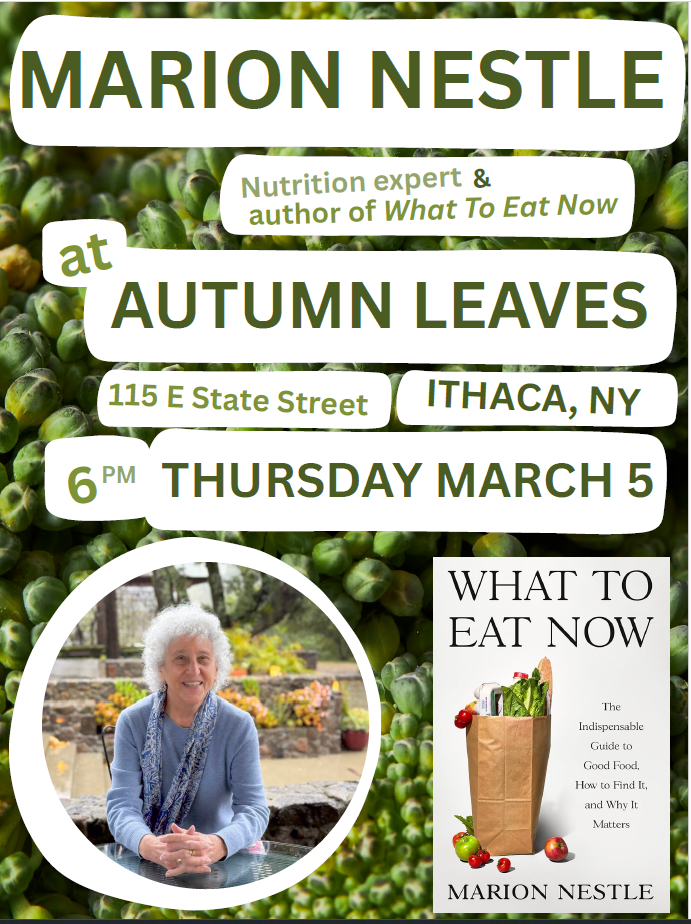Food, grocery trade associations preempt FDA labeling plans
In a online press release yesterday, the Grocery Manufacturing Association (GMA) and Food Marketing Institute (FMI) announced a new labeling initiative for their member companies:
America’s leading food and beverage manufacturers and retailers joined forces today in the fight against obesity and announced their commitment to develop a new front-of-package nutrition labeling system. The unprecedented consumer initiative will make it easier for busy consumers to make informed choices when they shop….America’s food and beverage manufacturers and retailers have agreed to support the change to their product labels with a $50 million consumer education campaign.
Forget the consumer-friendly rhetoric.
There is only one explanation for this move: heading off the FDA’s Front-of-Package (FOP) labeling initiatives.
Only two weeks ago, the Institute of Medicine released its first FDA-sponsored FOP labeling report. The IOM committee recommended that FOP symbols only mention calories, sodium, trans fat, and saturated fat. This led William Neuman of the New York Times to summarize its approach as: “Tell us how your products are bad for us.”
GMA and FMI would much rather label their products with all the things that are good about them, like added vitamins, omega-3s, and fiber. If they must do negatives, they prefer “no trans fat” or “no cholesterol.”
What they especially do not want the FDA to impose is “traffic-light” symbols. These U.K. symbols, you may recall from previous posts, discourage consumers from buying anything labeled in red, and were so strongly opposed by the food industry that they caused the undoing of the British Food Standards Agency.
GMA and FMI, no doubt, are hoping the same thing will happen to our FDA.
In today’s New York Times, Mr. Neuman quotes a GMA representative:
Mary Sophos, an executive vice president for the group, said the label would not characterize a food’s overall nutritional qualities as good or bad — like the traffic signal label in Great Britain that displays a red circle for less healthy nutrient levels and a green circle for healthier levels.
“We’re not going to get into interpreting elements of the food,” Ms. Sophos said.
This move is all the evidence the FDA needs for mandatory FOP labels. GMA and FMI have just demonstrated that the food industry will not willingly label its processed foods in ways that help the public make healthier food choices.
Let’s hope the GMA/FMI scheme goes the way of the ill-fated, not-so-Smart Choices program.
FDA: you should be outraged by this move. Say so!



